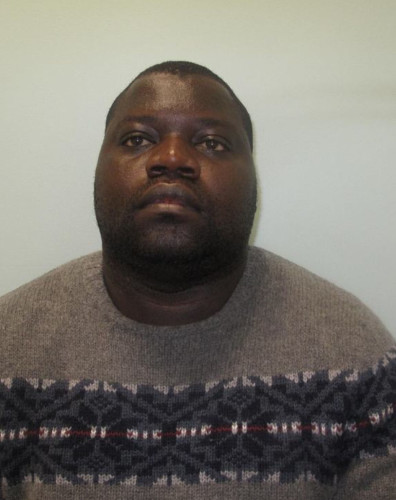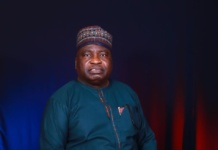A drug dealer from Croydon, who made over a million pounds from his criminal activities has been ordered to pay £900,000 back from the money he made.
38-year old Afamdi Maduabuch Unaka was arrested in June 2012, after police learned that that he had been laundering money. At the time of his arrest he was discovered with 10,000 in cash, and was arrested and charged with money laundering.
After the police searched his home, they found 85 packets of cocaine worth around £260,000 hidden in his bedroom wardrobe and was charged the next day, this time for possession with intent to supply class A drugs.
Although he pleaded guilty, Unaka claimed that he found the drugs in the park. Further investigation found that although he was a major player in the drug dealing game, he was not part of any criminal organisation.
He was sentenced to seven years imprisonment in October 2012.
More recent inquiries into Ukana’s finances, found that he had several overseas bank accounts in Jersey, Nigeria, Peru and the US. In these accounts the police found that in the 6 years leading up to his arrest he had made over 1 million pounds from his drug dealing activities.
He has now been ordered to pay just over £900,000, which will be retrieved from his various bank accounts across the globe.
He has been given 6 months to pay the mentioned amount and if he does not comply, he will be sentence to a further 5 years in prison.
Detective Constable Jim Cann, from the Met’s South West Criminal Finance Team, who carried out the financial investigation said:
“Unaka tried to claim that he had found the drugs in a local park and that he wasn’t normally involved in drug dealing. However, it was clear from his banks accounts, and his overseas travel statements we found that he was deeply involved in the drugs trade.
“It’s important that criminals are brought to justice, but it’s also important that they can’t profit from their crime after they’re released from prison and that the public gets to see that crime doesn’t pay.”











